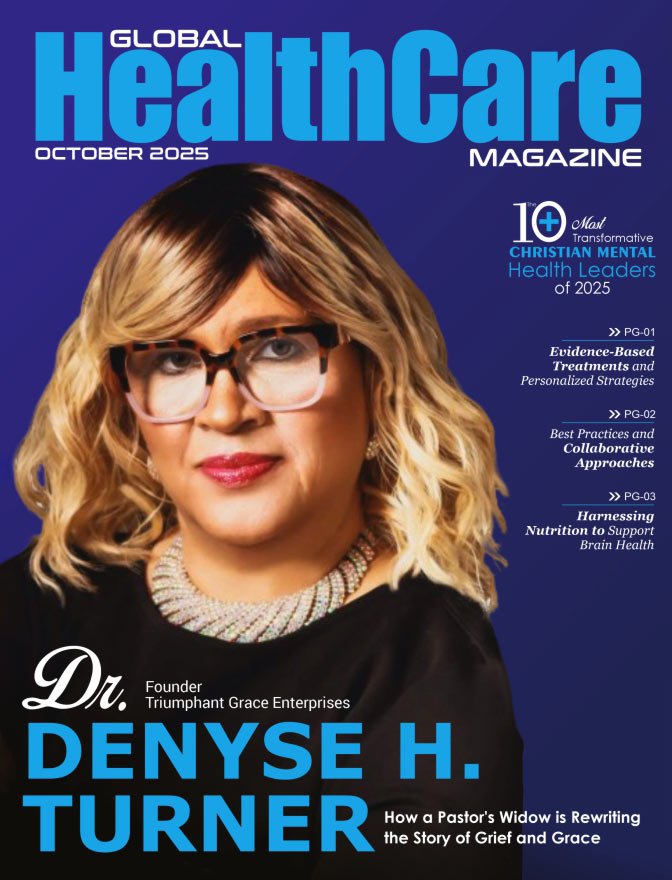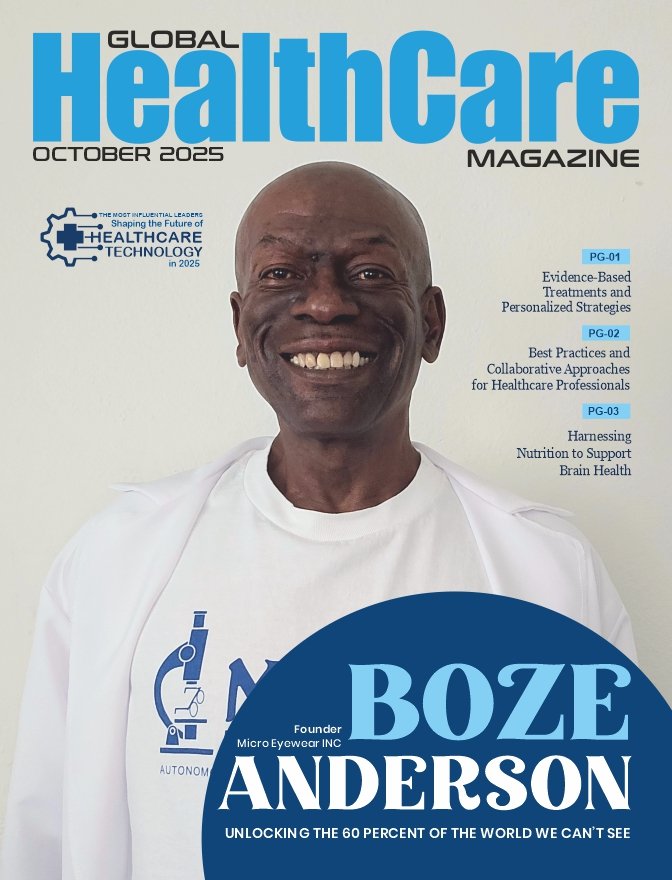Nursing has traditionally been associated with direct patient care, where professionals provide essential treatment and support. However, the evolving healthcare landscape now offers nurses diverse opportunities beyond clinical settings. These roles allow them to apply their expertise in new ways, fostering professional growth, diversification, and a broader impact on the industry.
In this article, we explore non-clinical nursing careers, detailing key responsibilities, necessary qualifications, and potential growth opportunities in each field.
Healthcare Administration and Management
Nurses in healthcare administration shape policies, enhance patient care quality, and manage medical facilities efficiently. They lead hospitals, clinics, and nursing homes, overseeing staff, budgets, and regulations. Their clinical experience provides key insights into patient needs, enabling them to make effective decisions that enhance healthcare operations and outcomes.
With the growth of the healthcare sector, there’s a surge in the need for skilled healthcare administrators and managers. The BLS projects a 29% job growth in this field from 2023 to 2033, far exceeding the average for all occupations. On average, 61,400 job openings are expected each year throughout the decade.
Healthcare administration roles include nurse manager, director of nursing, healthcare consultant, and chief nursing officer. Many require advanced degrees like an MHA or MSN in leadership. Nurses in these roles improve efficiency, advocate for patient care, support staff growth, and implement evidence-based policies for better healthcare.
What leadership skills are most valuable for nurses moving into administration?
Nurses transitioning into administration need strong leadership skills, including effective communication, decision-making, strategic thinking, and problem-solving. Team management, financial acumen, and adaptability are also crucial for overseeing operations. Empathy and emotional intelligence foster a positive work culture, enhance collaboration, and improve patient care outcomes in administration.
Nursing Education and Training
Nurses with a passion for sharing knowledge can excel in education and training roles. This path involves shaping the future of nursing by instructing students in academic settings or providing ongoing training to practicing nurses. Nurse educators develop curricula, conduct simulations, and evaluate student performance.
Clinical nurse specialists may also provide specialized training within healthcare facilities. These roles demand strong communication skills and a commitment to fostering professional development.
According to the AACN, in 2023, US nursing schools rejected 65,766 qualified applications due to a faculty shortage. A survey identified 1,977 full-time faculty vacancies across 922 nursing programs, with an additional 103 positions needed to meet student demand. The 7.8% faculty vacancy rate primarily affected roles requiring a doctoral degree (79.8%).
The data indicates a high demand for qualified nurse educators to train the next generation.
Healthcare Consulting and Policy Development
Nurses are uniquely positioned to influence healthcare at a systemic level through consulting and policy development. Their frontline experience provides invaluable insights into patient needs, operational challenges, and potential solutions. Healthcare consultants leverage this knowledge to advise organizations on improving efficiency, quality, and patient outcomes.
Policy development roles require collaboration with government agencies, advocacy groups, or healthcare organizations to influence regulations affecting patient care. Nurses in these roles analyze data, conduct research, and assess healthcare trends. They also advocate for evidence-based policies that improve patient outcomes and shape the future of healthcare.
Advanced programs, like a strategic leadership DNP program, are vital for nurses seeking to excel in these areas. These programs equip nurses to analyze healthcare systems, implement strategic initiatives, and effectively lead interdisciplinary teams. A strategic leadership DNP program emphasizes evidence-based practice, policy analysis, and leadership, enabling nurses to drive policy changes and healthcare improvements.
According to Spring Arbor University, DNP graduates have diverse career opportunities in leadership, administration, education, and advanced practice specialties. Some specialized fields now require a DNP for entry-level positions, as recognized by the Council on Accreditation of Nurse Anesthesia Educational Programs. This shift highlights the growing importance of doctoral-level education in nursing.
How can nurses break into healthcare policy without prior experience in public health?
Nurses can enter healthcare policy by pursuing policy education, such as a Strategic Leadership DNP program, and engaging with professional organizations. Networking with policymakers, participating in advocacy efforts, and volunteering for health policy committees further support this transition. Earning healthcare policy certifications and staying updated on regulations also enhance their expertise.
Informatics and Healthcare Technology
Nurses in informatics and healthcare technology connect clinical practice with digital advancements, optimizing healthcare systems. They work in hospitals, IT firms, and research institutions, managing EHRs, data analysis, system implementation, and workflow optimization. Common roles include nurse informaticist, clinical analyst, and health IT consultant, enhancing efficiency and patient care outcomes.
A nursing background with training in data management, software systems, and cybersecurity enhances patient care technology. Cybersecurity threats are a growing concern in healthcare informatics and technology. A 2024 Healthcare Dive report found that 92% of healthcare organizations faced cyberattacks in the past year. Among these, a significant number, 70%, report patient care disruptions.
By working at the intersection of healthcare and technology, informatics nurses enhance patient outcomes, streamline operations, and support evidence-based decision-making.
Entrepreneurship and Independent Nursing Roles
Nurses with an entrepreneurial mindset can build independent careers by launching healthcare businesses or offering specialized services. They use clinical expertise to create private practices, consulting firms, wellness coaching, telehealth, or legal nurse consulting. These independent roles offer flexibility, financial growth, and the ability to address specific healthcare needs effectively.
Nurse entrepreneurs must develop skills in business management, marketing, and financial planning to run successful ventures. Many opt for certifications in business administration or healthcare entrepreneurship to enhance their leadership capabilities.
Medical Science Liaison
Nurses with strong scientific acumen and communication skills can thrive as medical science liaisons. MSLs work within the pharmaceutical, biotechnology, or medical device industries, serving as a bridge between companies and healthcare professionals.
They provide in-depth scientific information about products, answer clinical questions, and gather insights from experts. Success in this position hinges on a strong grasp of medical studies and the skill to simplify intricate scientific findings for easy comprehension.
The salary for a medical science liaison varies based on experience and specialization. However, ZipRecruiter reports an average annual income of $154,635.
What background do nurses need to transition into a medical science liaison (MSL) role?
Nurses transitioning into an MSL role need clinical experience, strong pharmacology knowledge, and expertise in patient care. Advanced degrees like a DNP, MSN, or Master’s in Pharmacology are beneficial. Skills in research, scientific communication, and relationship-building help, along with experience in clinical trials, drug development, or medical device education.
Expanding Horizons: Embracing Non-Clinical Nursing Careers
Nursing extends beyond traditional bedside roles, offering opportunities to influence healthcare at a systemic level and drive innovation. As demand for healthcare leaders, consultants, educators, and technology specialists grows, transitioning into these fields can be both financially rewarding and professionally fulfilling.
By stepping beyond the bedside, nurses expand their impact and shape the future of patient care. The possibilities are limitless for those ready to embrace change.
Also Read: How to Gain Rapid Career Momentum in Nursing with Key Skills



















